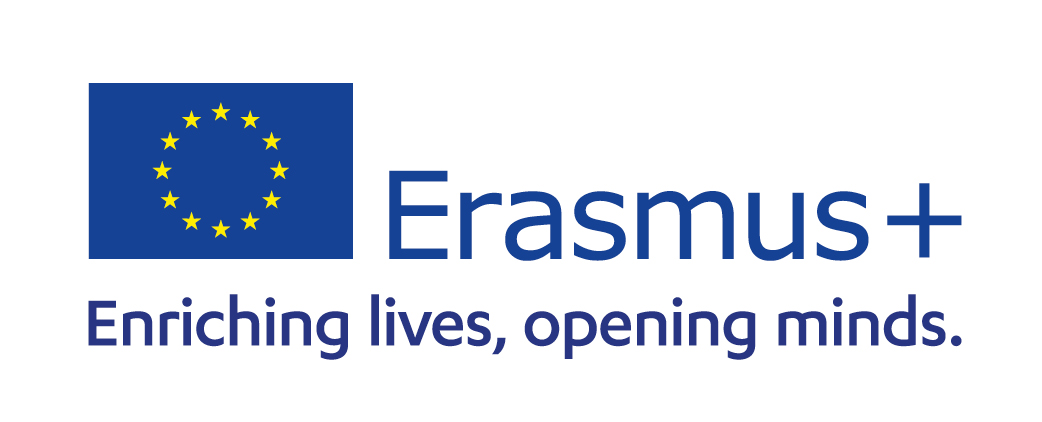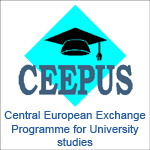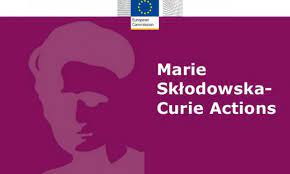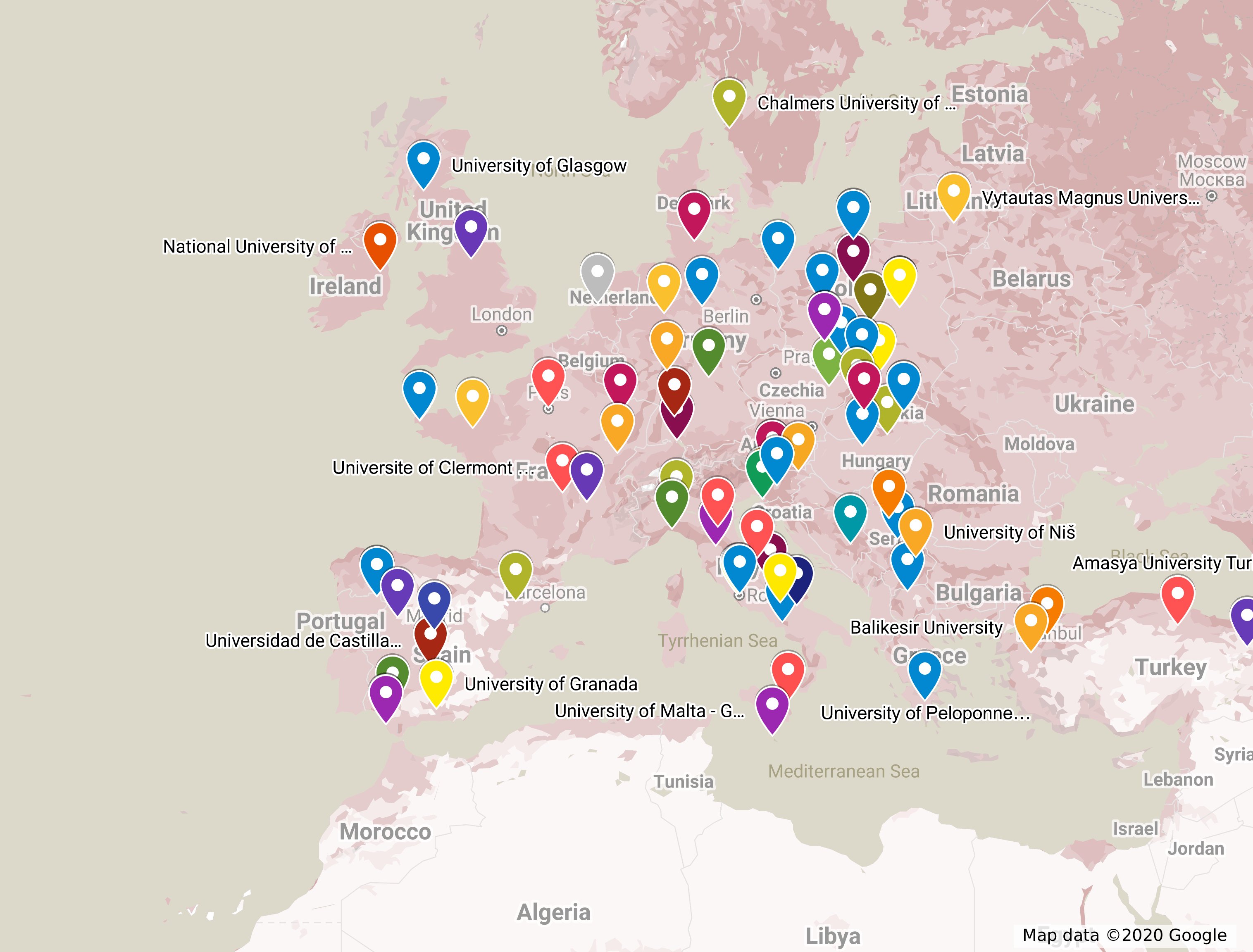The exchange of ideas and intercultural dialogue are foundations of development in Humanities and Social Sciences. Visiting students, lecturers, researchers and colleagues are all welcome at our Faculty. By bringing new ideas and different perspectives they enrich us as an institution and as individuals.
Integration into the European Higher Education Area, internationalization of study programs, and increase of incoming and outgoing international mobility of students and teachers occupy an important place among the strategic goals of the University of Split.
We organize a number of international scientific conferences and we are also open to all proposals of international cooperation projects in our fields of expertise. (List of our international cooperation projects)
International mobility of students and staff is financed mainly by Erasmus +, CEEPUS, MSCA and other international funds.

The mobility of students and staff within the Erasmus + program takes place on the basis of Calls for applications announced by the University of Split. Further information on conditions that apply to various types of mobility can be found here (in Croatian)
- student mobility for the purpose of studies
- traineeships (abroad)
- staff mobility (teaching / training), selection criteria
Mobility for the purpose of studies or for the purpose of teaching (professors) is possible to any of the partner universities within the annual quotas and areas of exchange as defined in Erasmus+ Agreements for mobility of students and university staff (interactive map).
An updated list of agreements is published as part of each Call.
Information on students traineeships offer is available here.
List of institutions which received our students on traineeship
Information on staff training possibilities can be found here.
List of fields of studies and departmental ECTS coordinators
List of courses available to Erasmus+ /CEEPUS incoming students
Procedures and documents for Erasmus+ and other visiting students
Guidelines on how to use the Online Learning Agreement for Studies
How to create an Online Learning Agreement (video)
How to make changes to your LA (video)
Presentation of the Faculty of Humanities and Social Sciences for Erasmus+ Incoming Students

Central European Exchange Program for University Studies is a multilateral University exchange program in the extended Danube region based on an international Agreement. There are 15+ members states
CEEPUS provides three basic types of mobility:
- mobility of students and teachers within approved CEEPUS networks, such as
- Philosophy and Interdisciplinarity
- mobility of students and teachers within CEEPUS umbrella networks
-Sociology for Societies - Understanding socio-cultural changes in contemporary societie
- mobility outside CEEPUS networks, so-called freemovers
- short group mobility
More information is available here: https://www.ceepus.info/content/how

International mobility of scientists is funded, inter alia, through the Marie Skłodowska-Curie actions, such as
- Innovative Training Networks (ITN)
- Individual fellowships (IF)
- Research and Innovation Staff Exchanges (RISE)
- Co-funding of Regional, National, and International Programmes (COFUND)
See the list of open MSC competitions here.
For any questions, ideas or proposals, please do not hesitate to contact us!
Faculty of Humanities and Social Sciences, University of Split
Department for International Cooperation and Public Relations
Poljička 35
21000 Split, CROATIA
Head of Department for International Cooperation & Public Relations
Tamara Ljubičić
Tel +385 21 329 290
e-mail : ljubicic@ffst.hr
 Pristupačnost
Pristupačnost

.jpeg)
.jpeg)